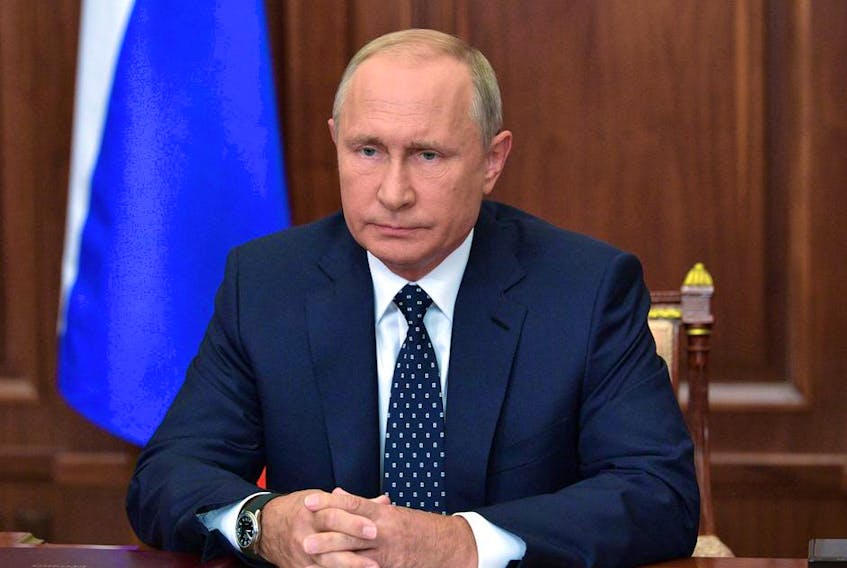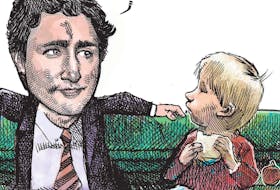The collapse of the Soviet Union two decades ago left behind as a remnant a Russian-majority state, albeit one with many minorities.
And though it retained the lion’s share of the old USSR, nationalists have fought hard to retain what was left, including regions like Chechnya.
Under President Vladimir Putin, a Russian nationalist ideology has become a mainstay of his rule.
The coronavirus pandemic, however, has been disrupting his ambitious visions. Victory Day, marked on May 9, commemorates the 1945 victory over Nazi Germany and has long been a cornerstone of Russian patriotism.
Usually observed by world leaders hosted by Putin amid throngs of veterans, it may be canceled because of COVID-19.
An April 22 referendum to approve constitutional changes has already been postponed. The proposal, passed on March 24 by the lower house of Parliament just hours after it had been introduced, would allow Putin to serve for an additional two six-year terms when his current tenure expires in 2024.
He could serve as head of state until 2036. If so, he will have held the nation’s highest office for 32 years, longer than Soviet leader Joseph Stalin but still short of Tsar Peter the Great, who reigned for 43 years.
Russian nationalists in 1991 faced a dilemma. As the core of the Soviet system, the Russian Soviet Federated Socialist Republic (RSFSR) – today’s Russian Federation — lacked distinctly Russian counterparts to the political, economic, and cultural institutions that the non-Russian republics took for granted.
There had been no place for a Russian state in the ideology and, hence, no ideologically justifiable ways of promoting its interests as a state. As the presumption was that the entire Soviet space was Russian, the ideology could not offer much solace to Russian state-builders. It did, however, offer another source of legitimacy, the Russian nation.
Because the RSFSR lacked a comparable institutional and ideological status, Russian elites had no ideologically legitimized base to fall back on when the USSR imploded. Instead, the source of their legitimacy turned out to be the Russian nation itself.
Russian Communist elites also jumped on the republican bandwagon in the final years of perestroika, with Boris Yeltsin deliberately using the RSFSR as a power base for his struggle with Soviet President Mikhail Gorbachev.
In 1991 Russia inherited the bulk of the Soviet state -- the central ministries, the army, and the secret police, and it possessed a sense of cultural superiority and historical destiny that underpinned both nationhood and empire.
Some nationalists went even further, insisting on regaining Russian-populated areas no longer within its boundaries.
Today the largest ethnic Russian diasporas outside Russia live in former Soviet states such as Ukraine (about 8 million), Kazakhstan (about 3.8 million), Belarus (about 785,000), Uzbekistan (about 650,000), Latvia (about 520,000), Kyrgyzstan (about 419,000) and Estonia (about 328,000).
North-eastern Estonia, the urban parts of Latvia, much of Belarus, eastern Ukraine and the Crimea, and northern Kazakhstan, all with substantial ethnic Russian populations, have been the repeated targets of Russian rhetoric.
Russian policymakers, including Putin, have developed elaborate schemes for protecting the rights of their “blood relatives” in the “near abroad.” This has become a central theme of Russian political discourse.
Henry Srebrnik is a professor of political science at the University of Prince Edward Island.









